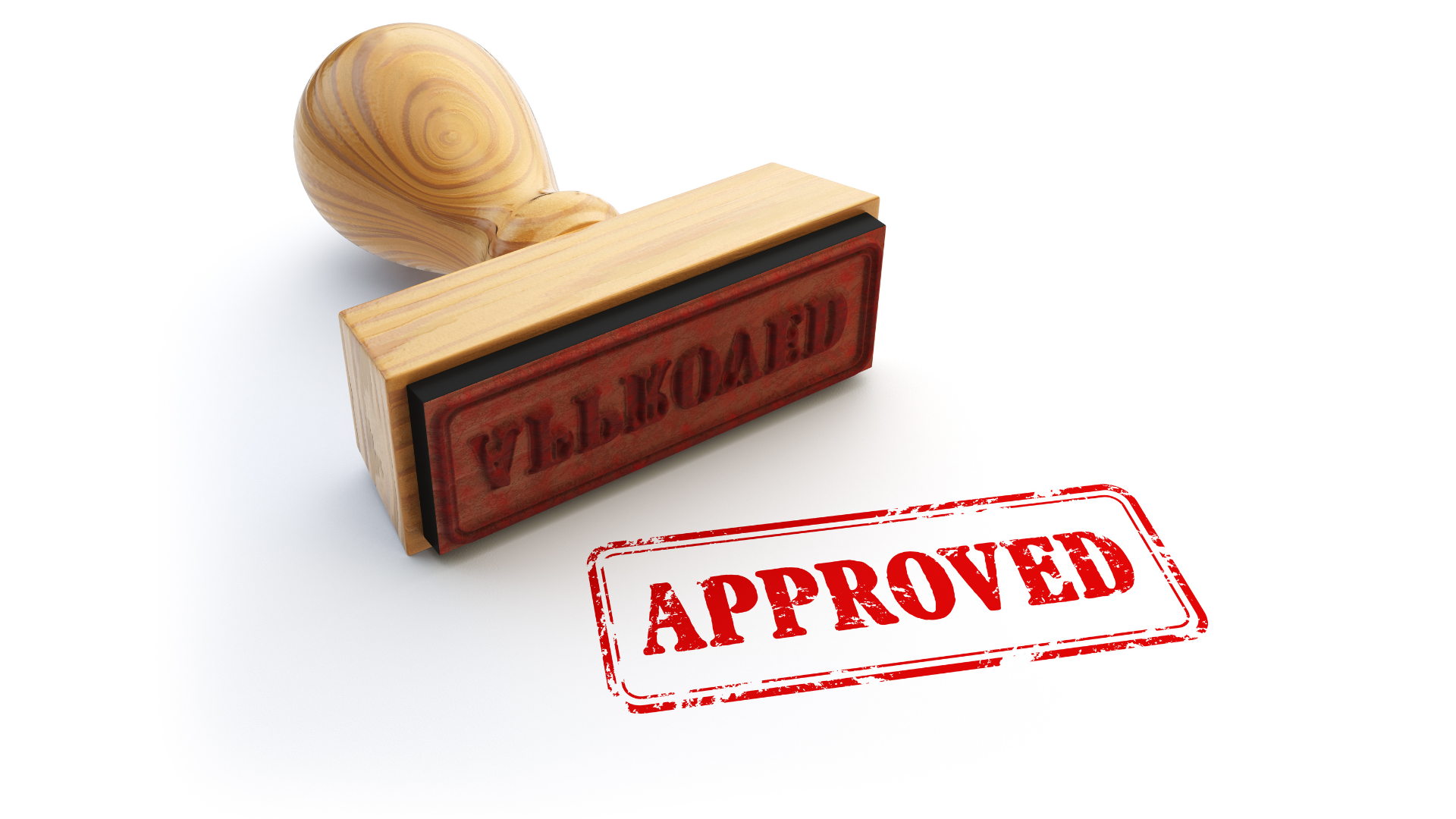[Montgomery, Ala] – The Alabama Medical Cannabis Commission (AMCC), at its meeting on June 12, 2023, voted to award medical cannabis business licenses to the following applicants.
| Integrated Facility License |
| Flowerwood Medical Cannabis, LLC |
| Southeast Cannabis Company, LLC |
| Sustainable Alabama, LLC |
| TheraTrue Alabama, LLC |
| Verano Alabama, LLC |
| Cultivator License |
| Blackberry Farms, LLC |
| Gulf Shore Remedies, LLC |
| Pure by Sirmon Farms, LLC |
| Twisted Herb Cultivation, LLC |
| Processor License |
| 1819 Labs, LLC |
| Enchanted Green, LLC |
| Jasper Development Group Inc. |
| Organic Harvest Lab, LLC |
| Dispensary License |
| CCS of Alabama, LLC |
| RJK Holdings AL, LLC |
| Statewide Property Holdings AL, LLC |
| Yellowhammer Medical Dispensaries, LLC |
| Secure Transport License |
| Alabama Secure Transport, LLC |
| International Communication, LLC |
| Tyler Van Lines, LLC |
| State Testing Laboratory License |
| Certus Laboratories |
The Commission, per the statute, could award up to twelve (12) cultivator licenses, four (4) processor licenses, four (4) dispensary licenses, five (5) integrated facility licenses and an unspecified number of secure transport and state testing laboratory licenses.
“There was no shortage of qualified individuals and entities who provided applications for us to consider,” explained Commission Chairman and Oncologist, Dr. Steven Stokes. “Based on the evaluators’ assessments and the Commission’s considerations, we believe that we have selected an outstanding slate of inaugural licensees to represent Alabama’s new medical cannabis industry.”
The University of South Alabama (USA) was engaged by AMCC to coordinate the application review process and recruit evaluators to assess the scored exhibit items for all 90 applicants. USA utilized 66 evaluators, with experience relevant to the application content, to review one of eight scoring categories: (1) Financial Ability; (2) Business/Management Approach; (3) Operations Plans & Procedures; (4) Facility Suitability & Infrastructure; (5) Security Plan; (6) Personnel; (7) Quality Control & Testing; or (8) Marketing & Advertising. Each scored exhibit was independently reviewed by two evaluators to assess the applicant’s solvency, stability, suitability, capability, projected efficiency, and experience, both in relation to any baseline set by the Commission as well as in comparison with other applicants.
“The Commission has worked diligently since the passage of the Darren Wesley “Ato” Hall Act to develop regulations and policies to facilitate an effective and safe medical cannabis industry,” explained Commission Director, John McMillan. “We are excited to begin working with those applicants who were awarded licenses to meet the needs of so many Alabamians who are living with debilitating conditions that can benefit from medical cannabis.”
Those applicants who were awarded a license will have 14 days to submit the appropriate license fee to the Commission. At its meeting on July 10, 2023, the Commission is scheduled to issue licenses in each license category.
Under the rules promulgated by the Alabama Board of Medical Examiners, physicians may begin the certification process to recommend medical cannabis after business licenses have been issued. For a patient to qualify for medical cannabis, the patient must have at least one of the qualifying conditions and be recommended for medical cannabis by a certified physician.
Vice Chairman Rex Vaughn announced at the meeting that the Commission intends to open a second offering of licenses for cultivators, secure transporters, and state testing laboratories.
“The Commission looks forward to affording more opportunities for individuals to participate in the industry,” explained Mr. Vaughn. “These businesses will not only serve the patients of Alabama but provide business and job opportunities for local communities.”
To learn more about the Alabama medical cannabis program visit amcc.alabama.gov.
###
Alabama Act 2021-450 establishes the Alabama Medical Cannabis Commission and authorizes the Commission to implement the Act by making medical cannabis derived from cannabis grown in Alabama available to registered qualified patients, by licensing facilities that process, transport, test, or dispense medical cannabis, and by administering and enforcing the Act and all rules adopted pursuant to the Act.
Commission members are appointed to the commission for established terms by various appointing authorities, including the Governor, Lieutenant Governor, President Pro Tempore of the Senate, Speaker of the House of Representatives, Commissioner of Agriculture and Industries, State Health Officer, Attorney General, and Secretary of the Alabama State Law Enforcement Agency. Each commission member represents certain segments that the legislature deemed important to the establishment and regulation of the medical cannabis program in Alabama. Members of the Commission include: Dr. William Saliski, Pulmonologist; Dr. Sam Blakemore, Pharmacist; Dwight Gamble, Banker; Dr. Angela Martin, Pediatrician; Dr. Eric Jensen, Biochemist; Loree Skelton, Attorney; Rex Vaughn, Farmer; Judge Charles Price, Circuit Judge; Dr. Steven Stokes, Oncologist; Taylor Hatchett, Farmer; James Harwell, Nurseryman and Landscaper, Dr. Jerzy Szflarski, Neurologist, and Dion Robinson, Department of Corrections.
Under Alabama’s program, registered certifying physicians may recommend medical cannabis to patients who have been diagnosed with autism spectrum disorder; cancer-related pain or nausea; Crohn’s Disease; depression; epilepsy or conditions causing seizures; HIV/AIDS-related nausea or weight loss; panic disorder; Parkinson’s Disease; persistent nausea; post-traumatic stress disorder (PTSD); sickle cell anemia; spasticity associated with multiple sclerosis or spinal cord injury; Tourette’s Syndrome; a terminal illness; or conditions causing chronic or intractable pain.
Medical cannabis products that may be recommended to patients include tablets, capsules, tinctures, gelatinous cubes, gels, oils or creams for topical use, suppositories, transdermal patches, nebulizers, or liquids or oils for use in an inhaler. Raw plant materials, products administered by smoking or vaping, or food products such as cookies or candies will not be allowed.

